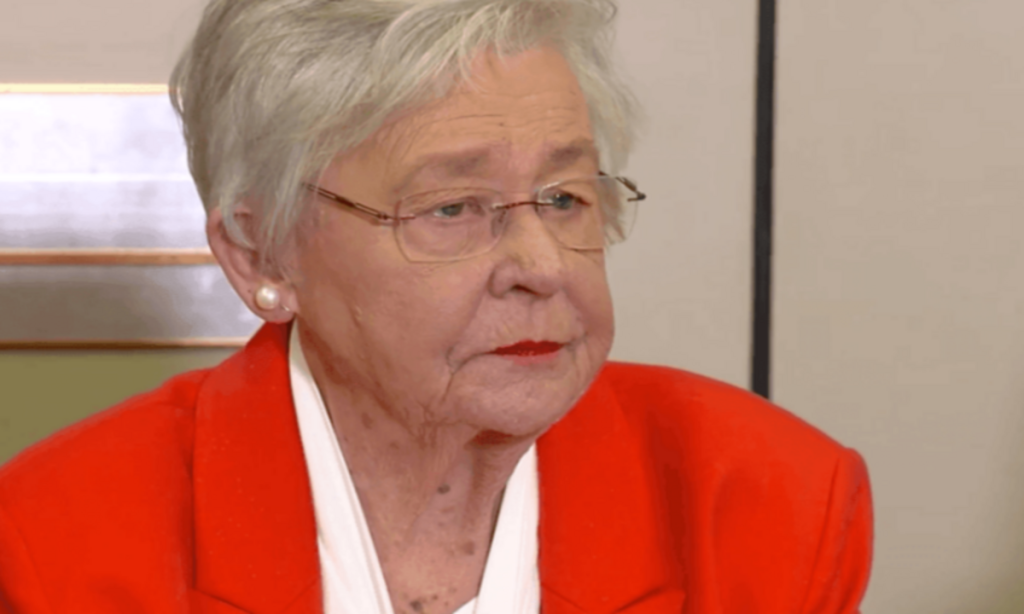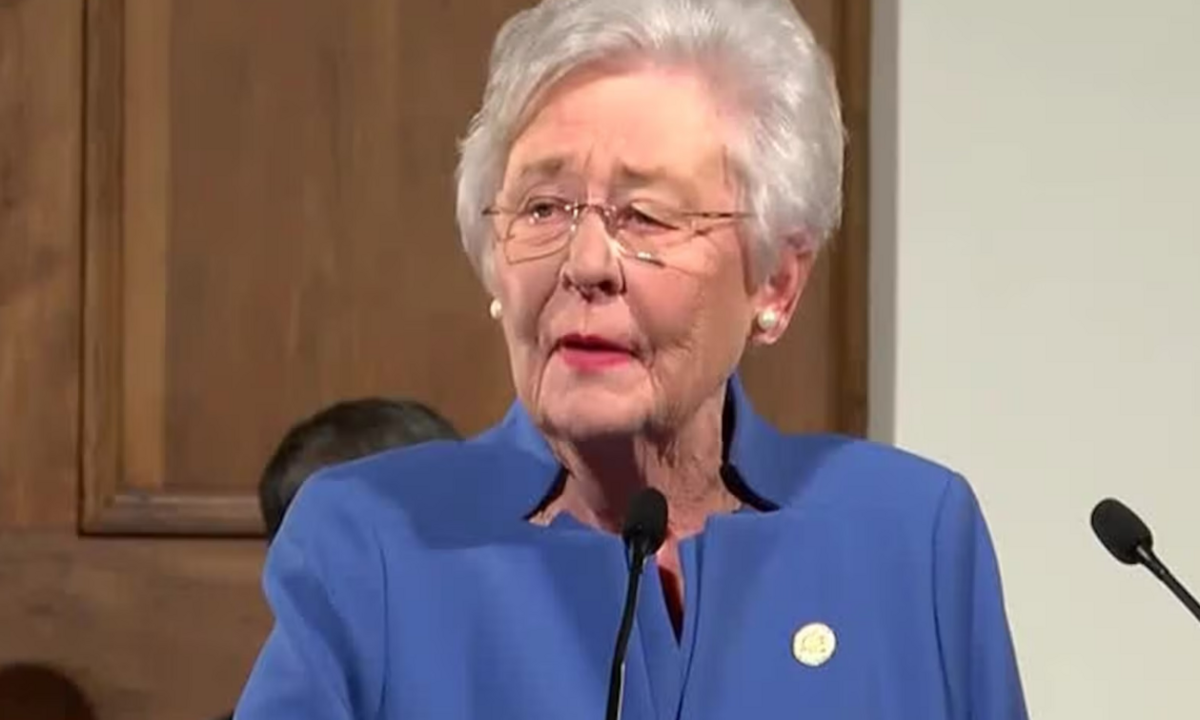Governor Kay Ivey has announced her strong support for a new legislative proposal aimed at banning smartphones and other wireless communication devices in Alabama public schools.
In her recent State of the State address, Ivey stressed the importance of reducing distractions in classrooms to improve student focus and academic performance.
Drawing from her own experience as a former teacher, Ivey pointed out how smartphones, which dominate children’s free time, often make their way into the classroom, creating a cluttered and disruptive learning environment. “Cell phones and other smart devices often dominate children’s free time and not surprisingly follow them into the classroom, lowering student achievement and contributing to discipline problems,” Ivey said. She emphasized that many teachers and parents share the view that cell phones should be banned in classrooms to create an environment better suited for learning.
Legislative Proposal to Limit Smartphone Use
The legislation, which was introduced by Alabama Senator Donnie Chesteen (R-SD-29) and Representative Leigh Husley (R-HD-15), seeks to restrict the use of smartphones on all public-school campuses during class hours. According to the proposal, local school boards would have the authority to work out specific details and implement the policy according to their individual needs.
Senator Chesteen, who has worked closely with Governor Ivey on education initiatives, shared his belief that restricting cell phone use would help improve academic performance and protect students from the harmful effects of excessive screen time. “By restricting the use of cell phones during the instructional day, we aim to enhance academic performance and protect students from the negative effects of excessive screen time,” Chesteen said.
The Bigger Picture: Addressing Technology’s Impact on Students
The bill is part of a broader effort to combat the growing influence of technology in the classroom. With increasing screen time and the rise of social media, young students face challenges that extend beyond academic performance. The bill also seeks to implement policies that promote internet safety. All local boards of education would be required to adopt an internet safety policy, designed to limit student access to harmful content on school-owned devices.
Representative Hulsey, who is a co-sponsor of the bill, added that ensuring students’ safety in the digital world is critical. “I believe this measure will not only foster greater student engagement but also help protect a generation that is navigating the challenges of the digital age,” she said.
New Training to Address Cyberbullying and Mental Health
In addition to banning smartphones, the legislation also focuses on protecting students from the negative mental health effects of social media. To combat the growing problem of cyberbullying, the Alabama State Department of Education will introduce a social media safety course aimed at students entering the eighth grade. This training will address the importance of using social media responsibly and its impact on mental health.
Statewide and National Context
Governor Ivey’s proposal aligns with a growing movement in several other states, such as Utah, where similar legislation is gaining momentum. Lawmakers across the country are concerned about the impact of technology on students’ ability to focus and the mental health challenges posed by excessive social media use.
Looking Ahead: Potential Impact on Alabama’s Education System
As this bill moves forward, it remains to be seen how it will affect Alabama’s education system and its students. If passed, the legislation could create a more focused and disciplined classroom environment, free from the distractions of smartphones. However, it will also be important to monitor the potential effects on students’ ability to stay connected with their peers and the wider world, especially in an increasingly digital age.
Governor Ivey’s leadership on this issue reflects a broader conversation about technology’s role in education and its potential to both help and hinder students’ academic growth. As the bill progresses, it will be important to watch how it is received by students, teachers, and parents across the state.
Disclaimer—Our team has checked this article to ensure its accuracy and eliminate any misinformation. We are committed to providing clear and reliable information for our readers.


